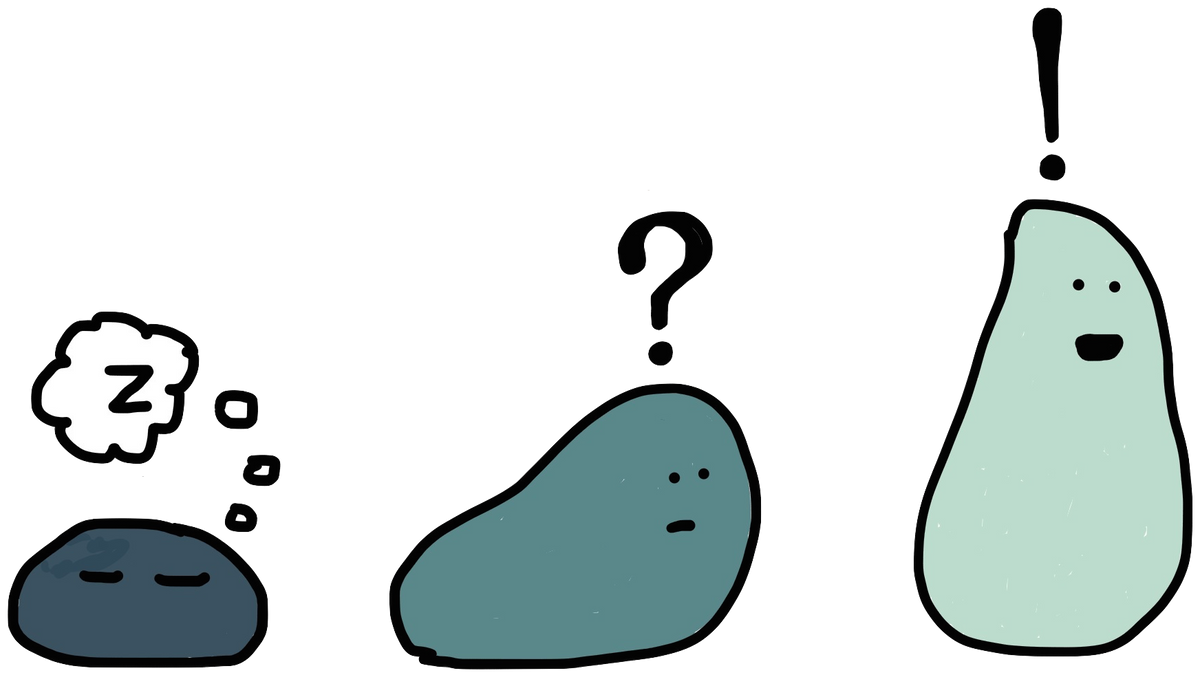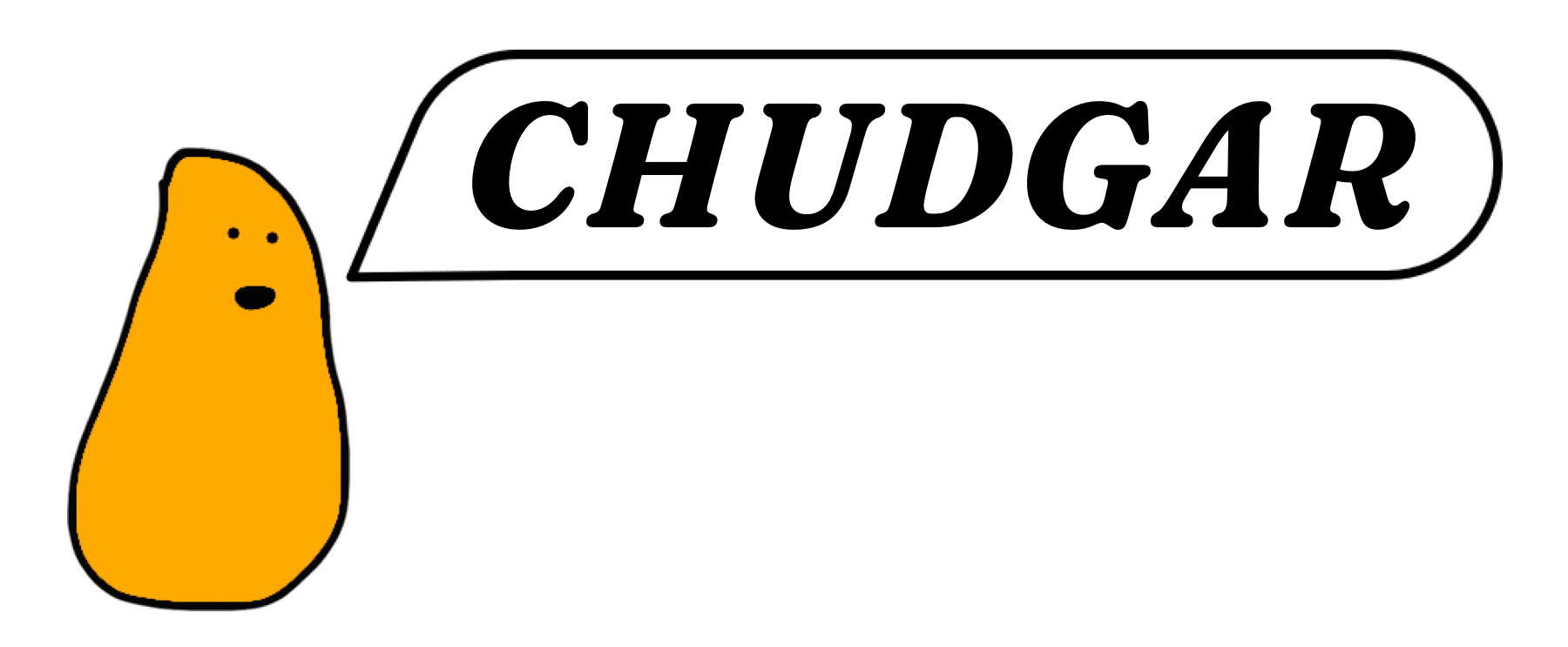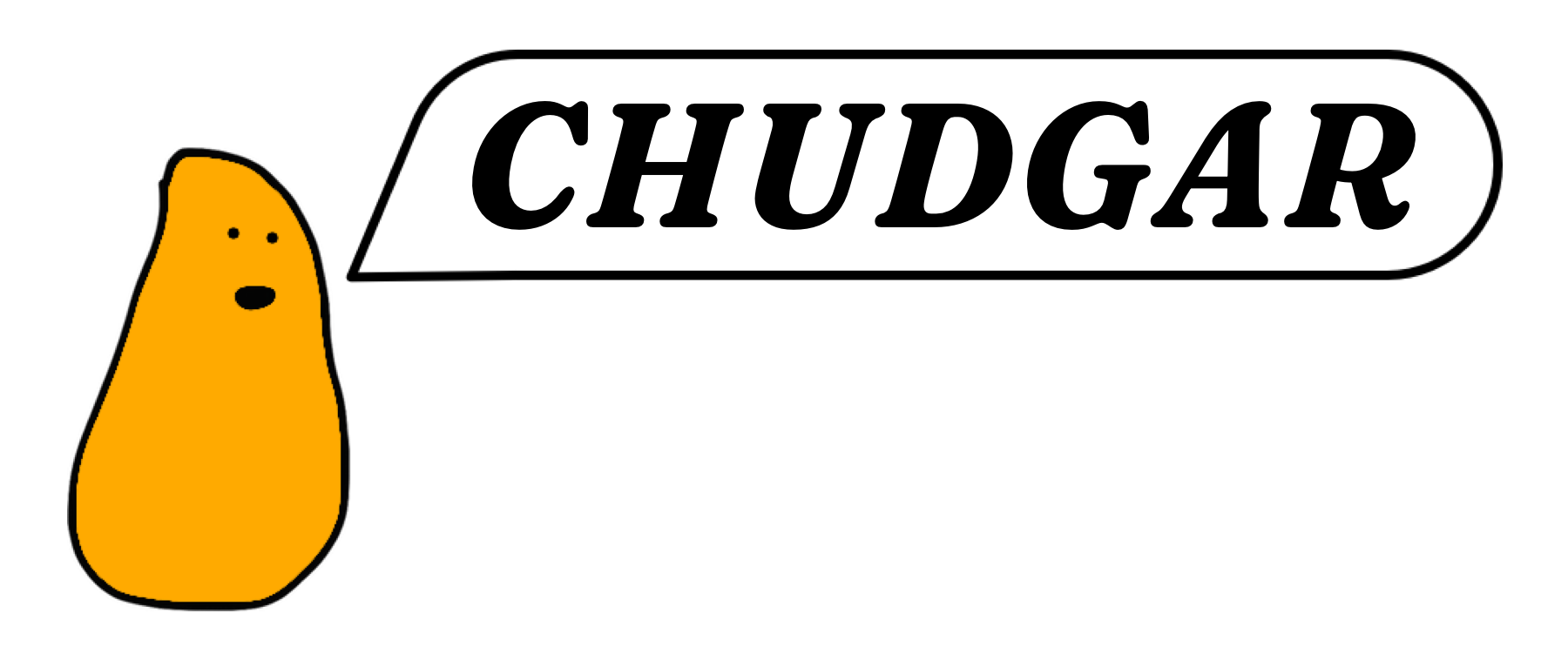FAQ: What is “partswork”?
My coaching practice is a form of partswork based on a therapeutic model called Internal Family Systems (IFS for short), a simple and powerful way of understanding human psychology as naturally multiple. Here’s what that means in a nutshell.

Partswork in three simple ideas
The healing I’ve experienced in my own inner world, and the healing my clients find within themselves, derives from three very simple principles. They derive originally from the ideas of Richard Schwartz, the founder of Internal Family Systems therapy, but I have come to modify them for myself over time. Here they are:
- Inner attention. I believe every human being has a built-in capacity for curious, compassionate attention to their own psychological processes, with an orientation toward happiness and wellbeing. Some people think of this fundamental identity as their Buddha-nature, or the “image of God” in them, or the ultimate realization of who they were meant to be. Others think of it more modestly: as a wise internal observer, the capacity for metacognition or mindfulness, or even old-fashioned self-awareness. However you conceive of it, your innate capacity for compassionate attention doesn’t have to be developed or cultivated over time, and it can’t be damaged or destroyed, no matter what happens in your life.
- Internal community. It seems that most human beings have a bunch of different sub-personalities within us, each of whom is innately valuable and indispensable. Each one of the members of our internal community is a little person. IFS calls these sub-personalities “parts,” although I prefer to think of them as the members of an internal community. If you’ve heard of an “inner child,” that’s an inner community member in this way. So is an “inner critic” or an “inner champion.” We interact with our internal communities using the same respect and social skills we’d use with external people.
- Healing. As human beings encounter challenges in life, the different members of our internal communities develop creative strategies for protecting us from harm. One part of your internal world might have learned to keep you safe by learning how to please others, for example; another part of you might try to keep you safe by keeping other people at a distance. When they’re working well together, you don’t even notice all the ways your internal community is working on your behalf. But sometimes, the protective strategies of your internal community members come into conflict with each other, or stop being useful and start causing you trouble. Fortunately, because you already have a capacity for internal awareness that’s oriented toward your own wellbeing, you have everything you need to help your internal community let go of protective strategies that aren’t working for you any longer, and find new strategies that do.
You don’t have to believe these premises to interact with your inner world — you can just as easily take them as hypotheses, and test them out for yourself.
From IFS to partswork
While Richard Schwartz didn’t know it when he started formulating the IFS model, he had stumbled on an ancient and globally widespread way of conceptualizing the human mind. From ancient Egyptian priests to Jungian psychoanalysts to 21st-century biologists to Plural systems, many people have described the human mind as plural, just as IFS does.
Today, we know the Internal Family Systems model is just one way to conceptualize our internal complexity for liberation and healing — one that works far better in combination with practices and ideas from kindred fields and disciplines. That’s why many practitioners of the model have come to think of ourselves less as “IFS practitioners” than as partsworkers: people who interact skillfully with the many parts of human minds for healing and liberation.

